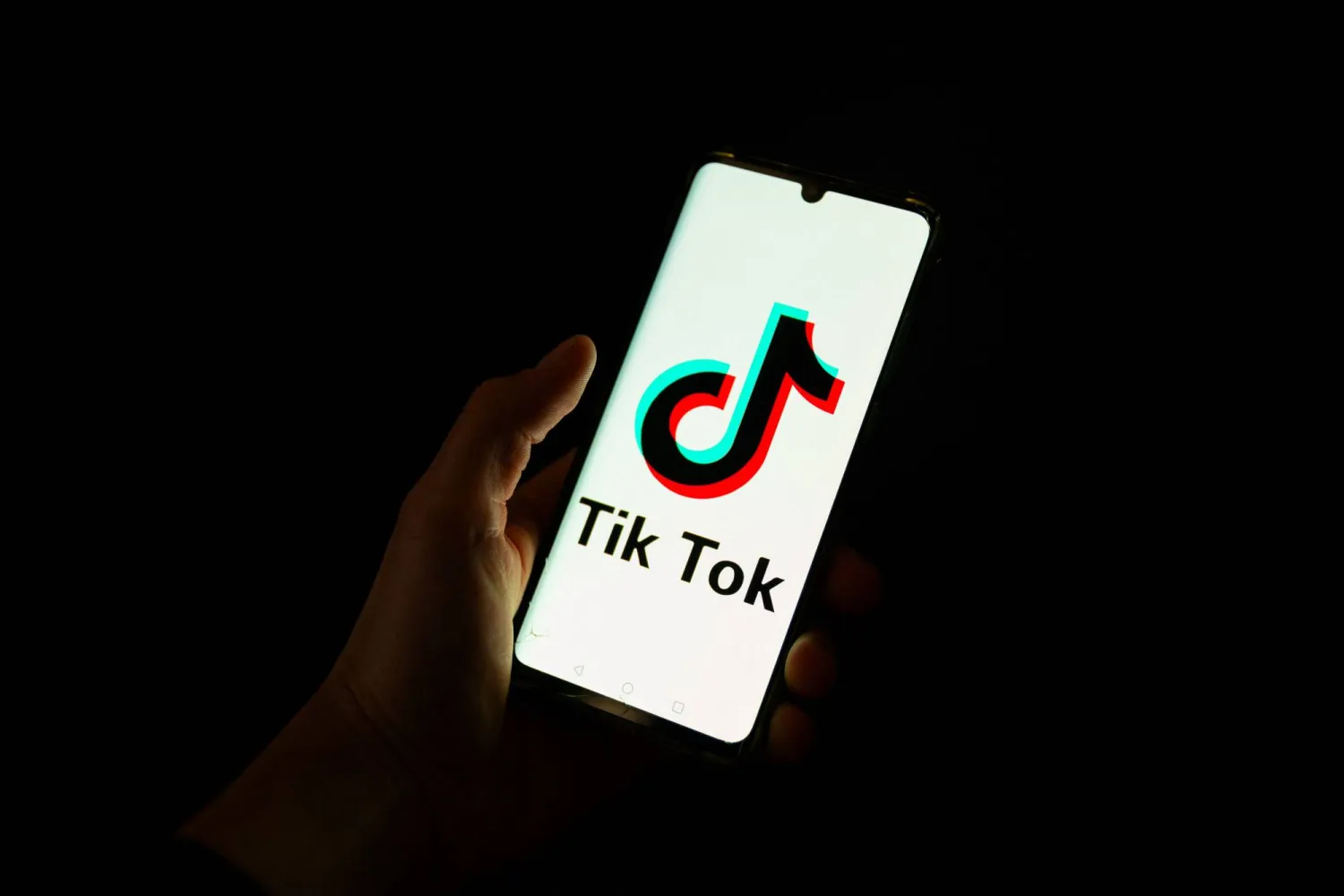Wildly popular social network TikTok approved adverts containing political disinformation ahead of European polls, a report showed Tuesday, flouting its own guidelines and raising questions about its ability to detect election falsehoods.
International campaign group Global Witness created 16 ads targeting Irish audiences with false information about this week's EU elections and tried to get them approved by three platforms -- TikTok, Google-owned YouTube and Elon Musk's X (formerly Twitter), AFP said.
TikTok, which is particularly popular with young voters, approved all 16 for publication, YouTube caught 14 while X filtered all the ads and suspended the group's fake accounts, Global Witness said in its report.
"TikTok has failed miserably in this test," Henry Peck, a senior campaigner at Global Witness, told AFP.
The fake ads, submitted by the group last month, all contained content that could pose a risk to electoral processes -- including warnings to voters to stay home over a danger of poll violence and a spike in contagious diseases.
They also included a fake notice raising the legal voting age to 21 and appeals for people to vote by email, which is not permitted in European elections.
In TikTok's response to the study, which Global Witness shared with AFP, the platform acknowledged the ads violated its policies.
Citing an internal investigation, the Chinese ByteDance-owned app said its systems correctly identified the breach, but the ads were approved due to "human error" by a moderator.
"We immediately instituted new processes to help prevent this from happening in future," a TikTok spokesman told AFP.
'No friction'
The failure to detect the ads comes as tech campaigners implore platforms to address growing concerns over a deluge of disinformation plaguing elections worldwide.
Peck insisted it was "absolutely vital" that social media sites acted against threats to democracy in a year packed with major elections culminating in the US presidential vote in November.
"I was surprised because TikTok has in the past caught content that goes against its rules and, in this instance, caught nothing," Peck said.
"It seems like it has the systems, it has the capability, and yet there was no friction."
Global Witness said it had submitted a formal complaint to Irish regulators, saying the platform may be violating European rules to mitigate electoral threats.
Earlier this year, the EU published guidelines under its mammoth Digital Services Act (DSA) demanding that major platforms, including TikTok, take action to reduce the risk of poll interference.
Last month, TikTok released a statement detailing the "comprehensive" measures it was taking, saying it was "deeply invested" in protecting election integrity.
'Asleep at the switch'
Global Witness said it deleted the fake ads after receiving notification from TikTok that they had been accepted for publication to prevent any traction.
It additionally submitted an ad that did not contain disinformation but violated TikTok's prohibition of political advertisements.
The group paid £10 ($13) for that ad and found that it received 12,000 impressions before the credit ran out.
AFP, among more than a dozen other fact-checking organizations, is paid by TikTok in several countries to verify videos that potentially contain false information.
TikTok has emerged as a major election battleground as politicians across Europe and the United States –- including presidential contender Donald Trump –- seek to harness the platform's virality.
This trend has emerged even as TikTok is under pressure in the United States, where President Joe Biden recently signed into law a bill that would ban the platform if its owner fails to find a buyer for the app within a year.
"And yet in Europe, they're seemingly asleep at the switch, like they're not attuned to this very blatant election disinformation," Peck said.
Tiktok Fails 'Disinformation Test' Before EU Vote, Study Shows

(FILES) This photograph taken on April 19, 2024 shows a man holding a smartphone displaying the logo of Chinese social media platform Tiktok in an office in Paris. (Photo by Antonin UTZ / AFP)

Tiktok Fails 'Disinformation Test' Before EU Vote, Study Shows

(FILES) This photograph taken on April 19, 2024 shows a man holding a smartphone displaying the logo of Chinese social media platform Tiktok in an office in Paris. (Photo by Antonin UTZ / AFP)
لم تشترك بعد
انشئ حساباً خاصاً بك لتحصل على أخبار مخصصة لك ولتتمتع بخاصية حفظ المقالات وتتلقى نشراتنا البريدية المتنوعة







